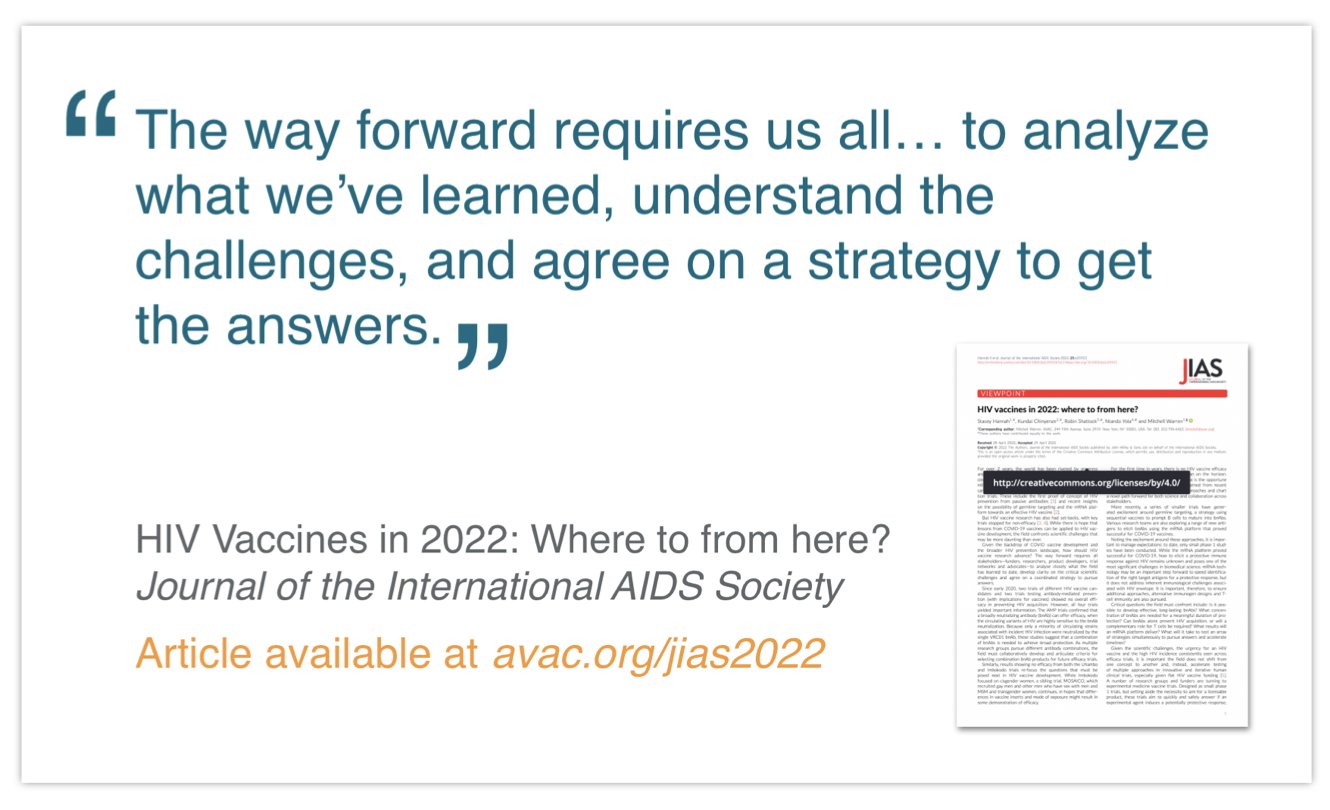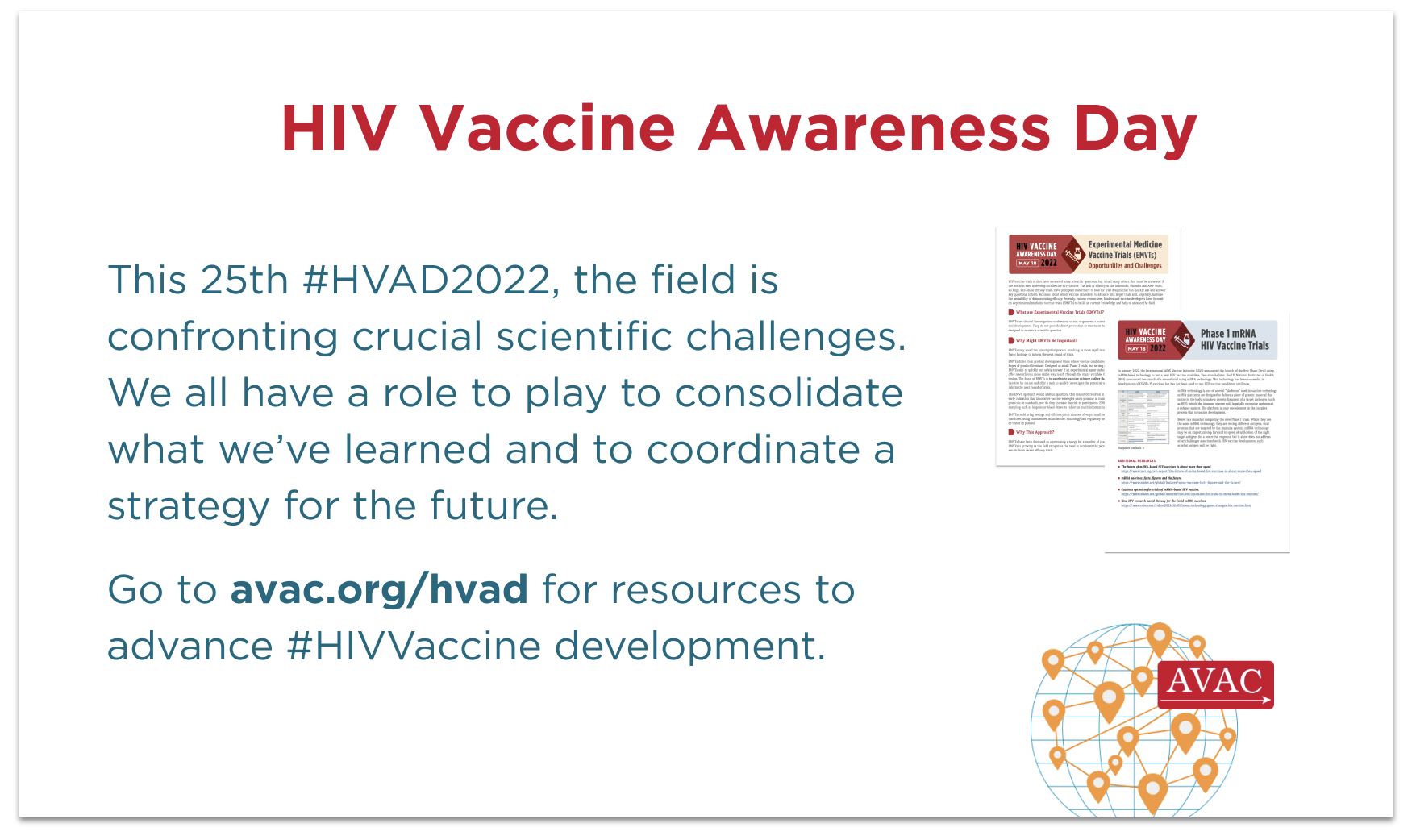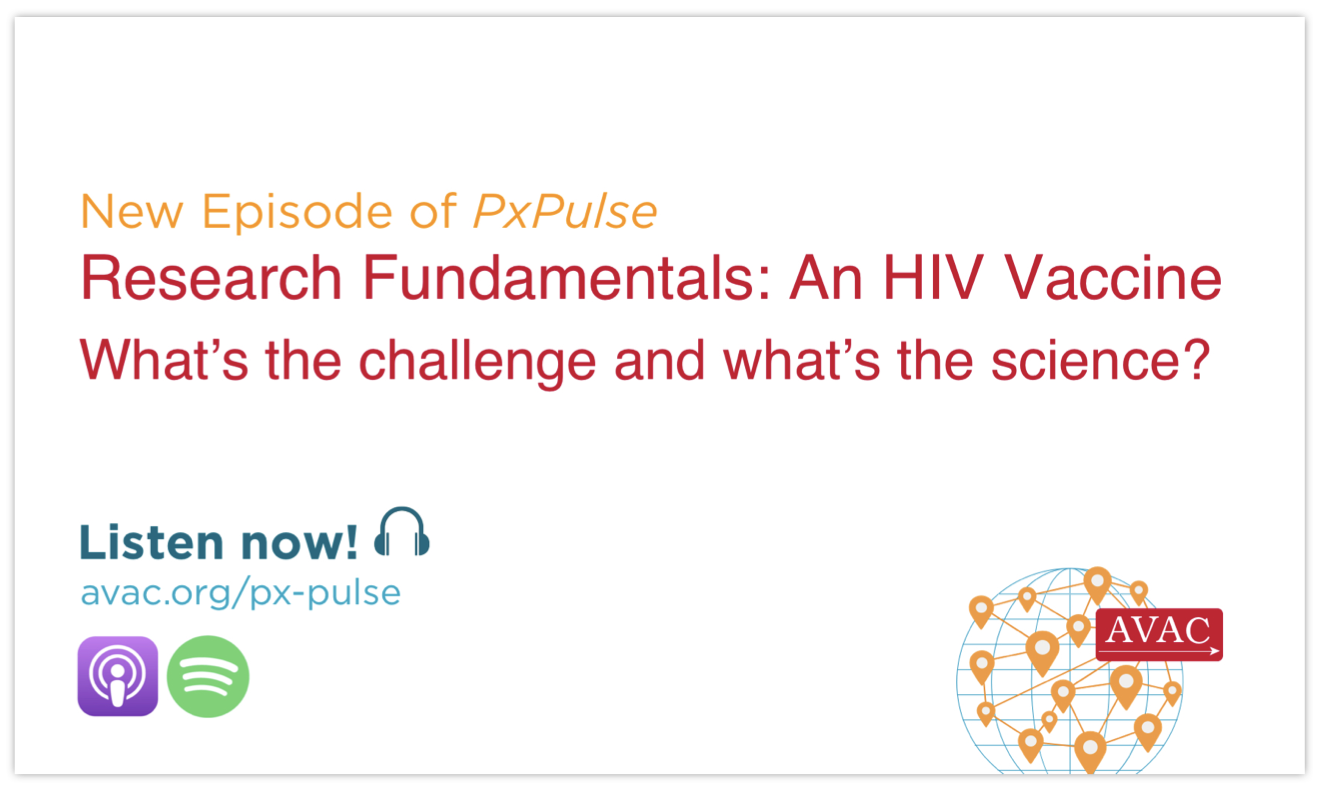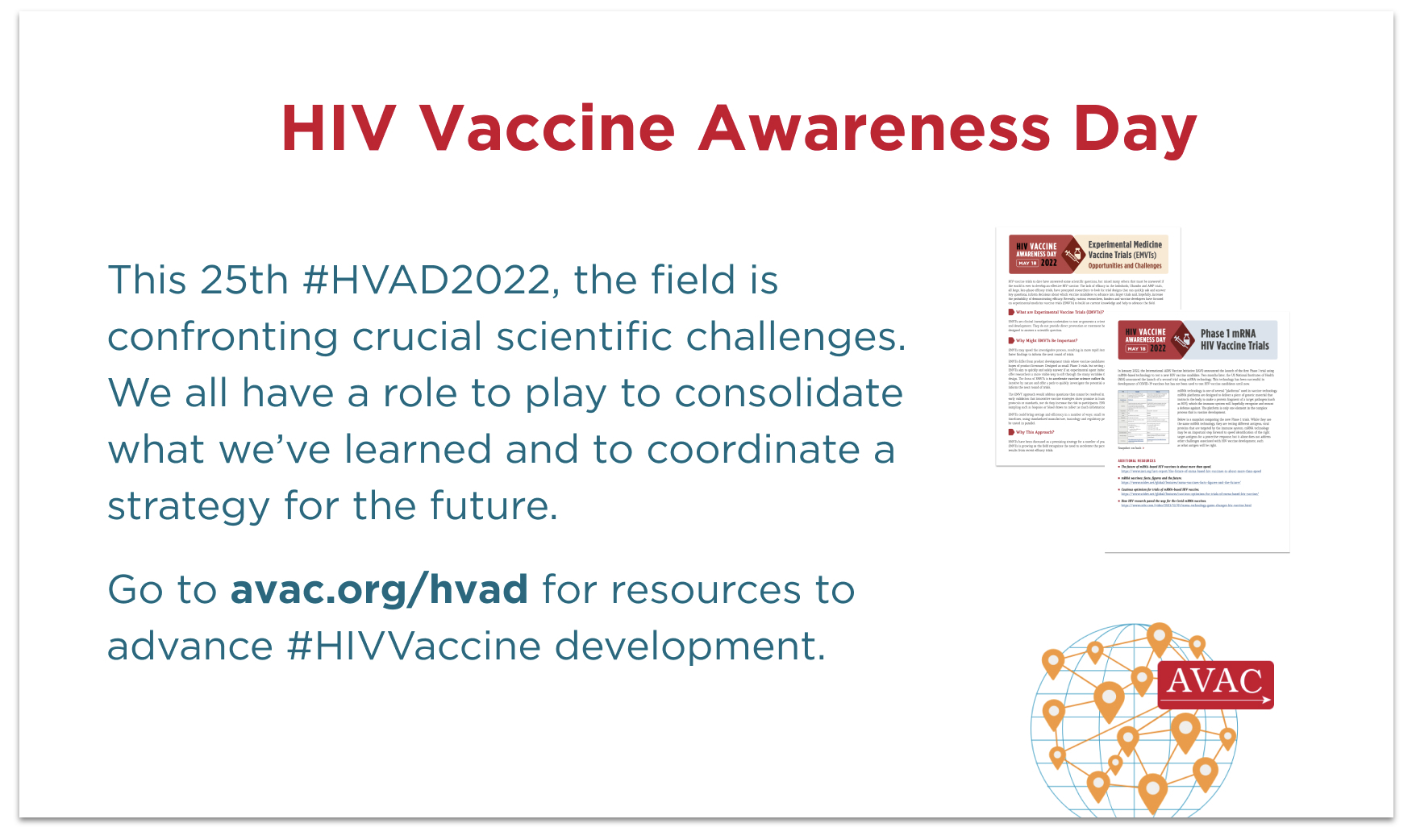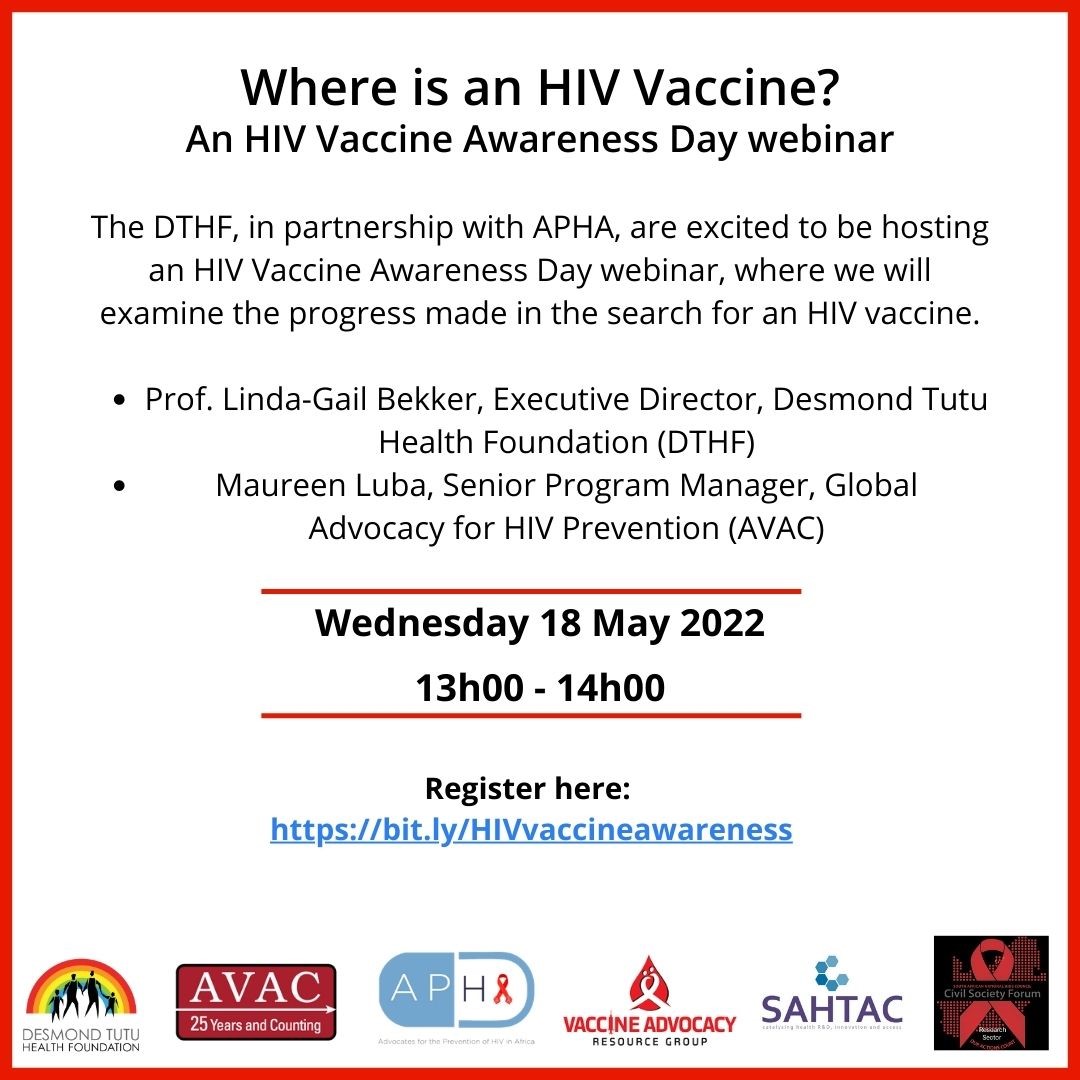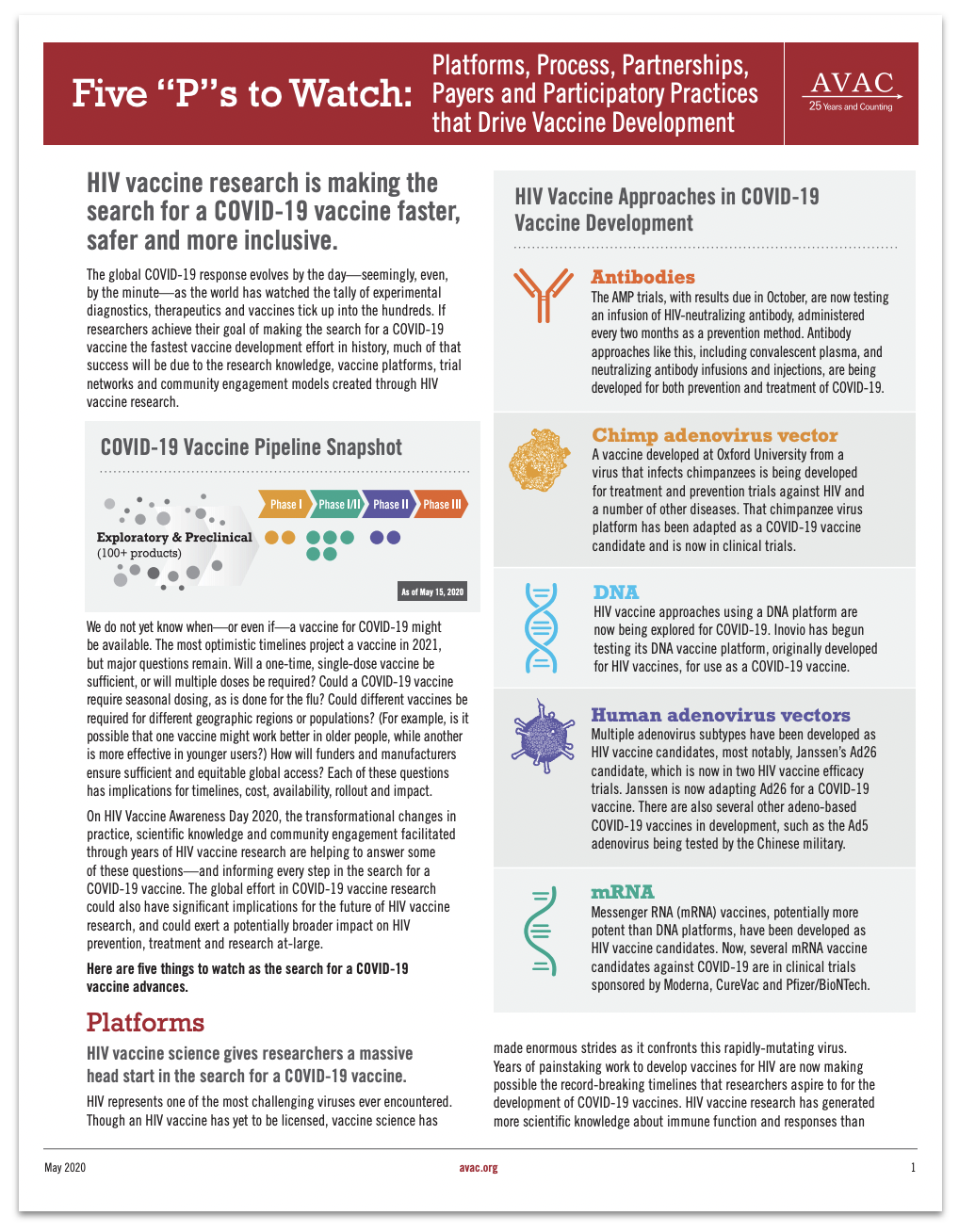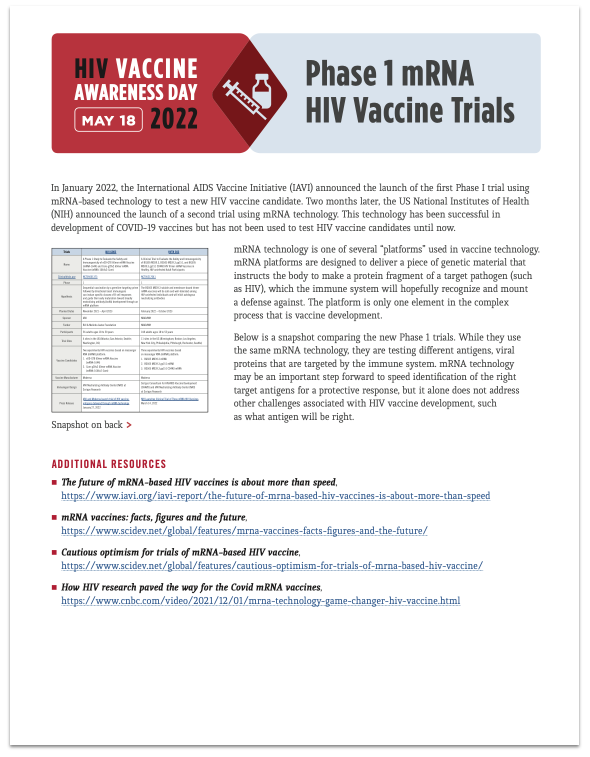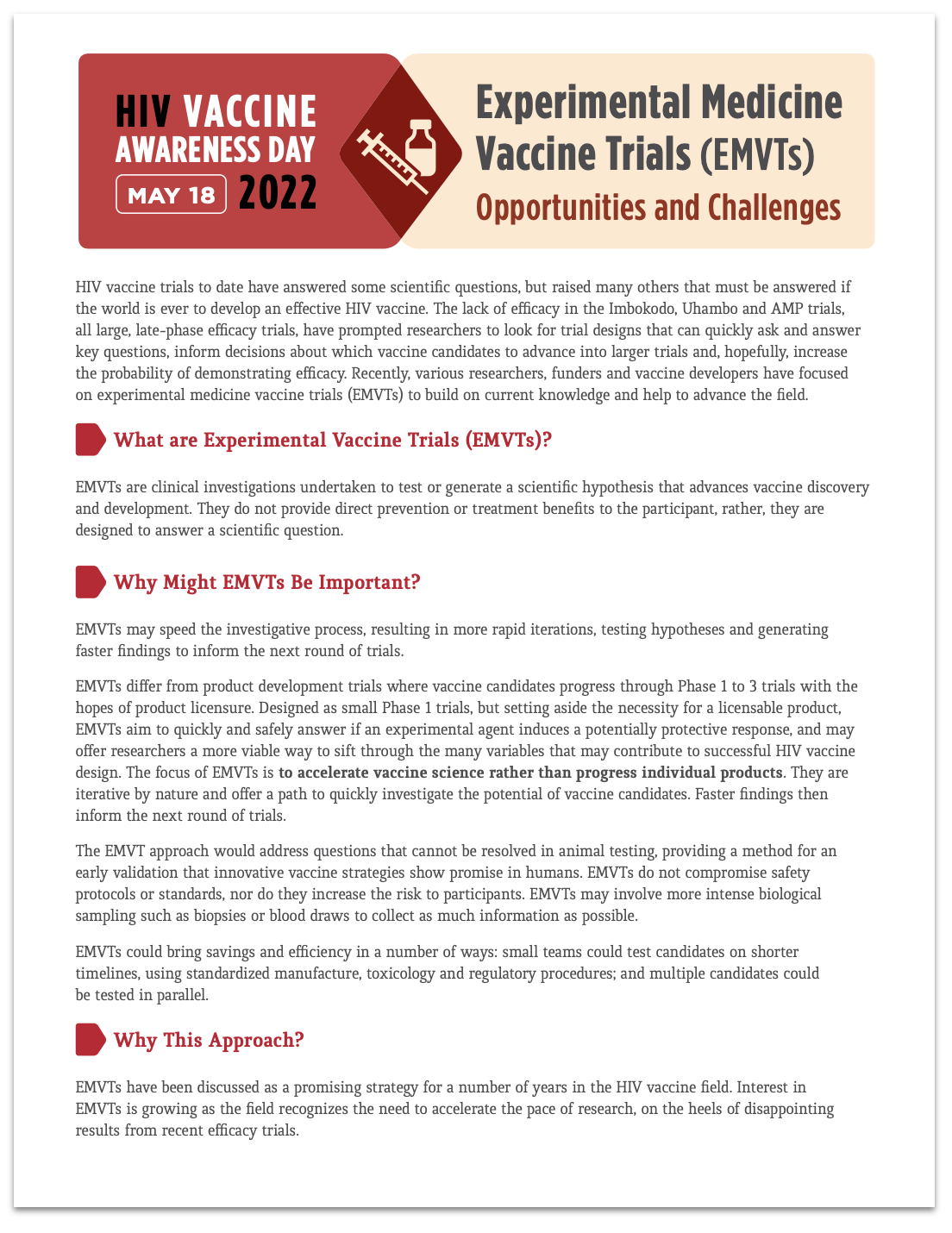Choice is key. This is the theme this week – and always – in HIV prevention.
There is growing advocacy this week calling for greater political and financial support to introduce and roll out the dapivirine vaginal ring. HIV advocates from AEDC, APHA, DARE, Emthojeni, GNP+, ICWEA, PZAT, TALC, WACI Health, among others, are sounding the alarm that adding this option to existing strategies for HIV prevention will save lives and offer real choices to the people who need them most. The ring, now approved in a growing number of countries, offers women a discreet method of HIV prevention and one more option that may fit their needs best at any given time.

Chilufya Hampongo of TALC, a leading advocate for HIV prevention in Zambia, said during a WHO consultation earlier this week, “The ring empowers me. I want the chance to be offered the ring, and to find it when I look for it. Pills are not my thing. Injections are not my thing. I want the ring.”
The World Health Organization shared findings Tuesday from consultations with national ministries of health (MOHs), civil society, ring users, donors, implementing partners, and other key stakeholders in countries across Africa, which explored questions and priorities related to the introduction of the ring. The WHO reported on resounding support for the ring, a clear commitment to expanding the choices for HIV prevention options. These findings come amidst growing concern that leading funders will not support programs to procure and offer the ring.
During the WHO meeting – a summary is here – feminists and African advocates called on USAID, PEPFAR, the Global Fund and national governments to fund the ring.

Lillian Mworeko of ICWEA said, “40 years of crying and we don’t have the options we need for women facing HIV risk. How do we make the ring available to work toward ending AIDS by 2030?”
In a statement that followed the WHO consultation, a coalition of advocates applauded the WHO for its ongoing support and its 2021 recommendation of the ring as an additional prevention option for women. They call on funders, country governments and community leaders to sustain their support for the ring’s introduction and rollout in African countries where it is needed and for prompt regulatory reviews. And they call on HIV programs to integrate the ring, and collaborate with communities on the design of those programs.
In the coming days, weeks and months, funders and policy makers must hear this call. Advocates called on PEPFAR and USAID for a discussion and are also engaging decision-makers in their communities and countries.
And for more conversations like this one, check out the Choice Agenda, a new global forum devoted to advancing choice in HIV Prevention. Join the listserv, participate in the webinars, identify the priorities and help turn options into choices.
